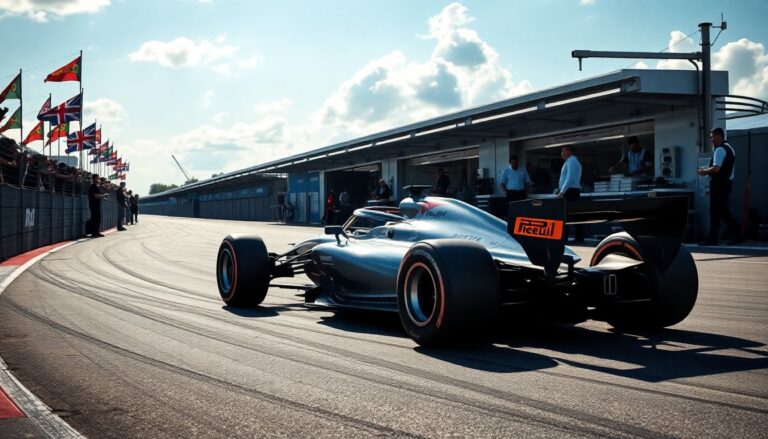Argomenti trattati
Motor sport transcends mere competition; it is a dynamic blend of technology, culture, and human endeavor that captivates millions worldwide. From the roaring engines of Formula 1 to the rugged terrains of rally racing, motor sport has evolved significantly, influencing the automotive industry and shaping societal norms and cultural practices. This article explores the multifaceted world of motor sport, examining its history, technological advances, and profound impact on contemporary society.
The rich history of motor sport
The origins of motor sport trace back to the late 19th century, when the first competitive automobile races took place. These early events were often informal and unregulated, laying the groundwork for the structured competitions we see today. The Paris-Rouen race in 1894 marked the beginning of formalized motor racing, with cars competing over long distances under specific regulations.
As the 20th century progressed, motor sport gained popularity and became a significant aspect of popular culture. Iconic events such as the Monaco Grand Prix and the 24 Hours of Le Mans transformed racing into a spectacle that attracted both participants and a global audience. Television broadcasts and media coverage further propelled the sport into the limelight, showcasing the excitement and drama of high-speed competition.
Technological advancements in motor racing
The relationship between technology and motor sport is symbiotic. The quest for speed has driven innovations in automotive engineering, resulting in advancements that have changed how we drive today. For instance, the introduction of turbocharging and aerodynamics in the 1980s revolutionized race car design, making them faster and more efficient.
Modern motor sport has embraced data analytics and telemetry, allowing teams to monitor vehicle performance in real time. This enhancement not only improves competitive strategies but also contributes to the development of safety features in everyday vehicles. The incorporation of anti-lock braking systems (ABS) and traction control in consumer cars can be traced back to racing innovations aimed at improving driver safety and performance.
The cultural impact of motor sport
Motor sport is deeply embedded in various cultures worldwide, serving as a platform for national pride and identity. Countries such as Italy, Germany, and Brazil celebrate their racing heritage, with events that attract thousands of fans and generate significant economic activity. While the FIFA World Cup may be the pinnacle of football, events like the Formula 1 Brazilian Grand Prix serve as the heartbeat of the nation’s sporting culture.
Additionally, motor sport has become a catalyst for social change. Initiatives aimed at promoting diversity and inclusion, such as the W Series for female drivers, have gained traction, highlighting the importance of representation in a traditionally male-dominated sport. These movements empower aspiring racers and inspire a new generation of fans.
Environmental considerations in motor sport
As the world grapples with climate change and environmental sustainability, motor sport faces increasing scrutiny. The sport’s carbon footprint has led to calls for more sustainable practices. Formula E, an all-electric racing series, exemplifies how motor sport can evolve to meet modern environmental standards while still delivering thrilling competition.
Moreover, initiatives to incorporate biofuels and hybrid technology in traditional racing series demonstrate the industry’s commitment to reducing its environmental impact. These changes are crucial as they showcase the potential for motor sport to lead by example, illustrating how high-performance racing can coexist with ecological responsibility.
Looking ahead
Motor sport represents a vibrant tapestry woven from history, technology, culture, and environmental awareness. Its evolution mirrors societal changes, reflecting our values and aspirations. As the sport continues to push the boundaries of innovation, it also fosters inclusivity and sustainability. Whether through the roar of engines on the track or the excitement of fans in the stands, motor sport remains an exhilarating spectacle that inspires and unites people across the globe.

